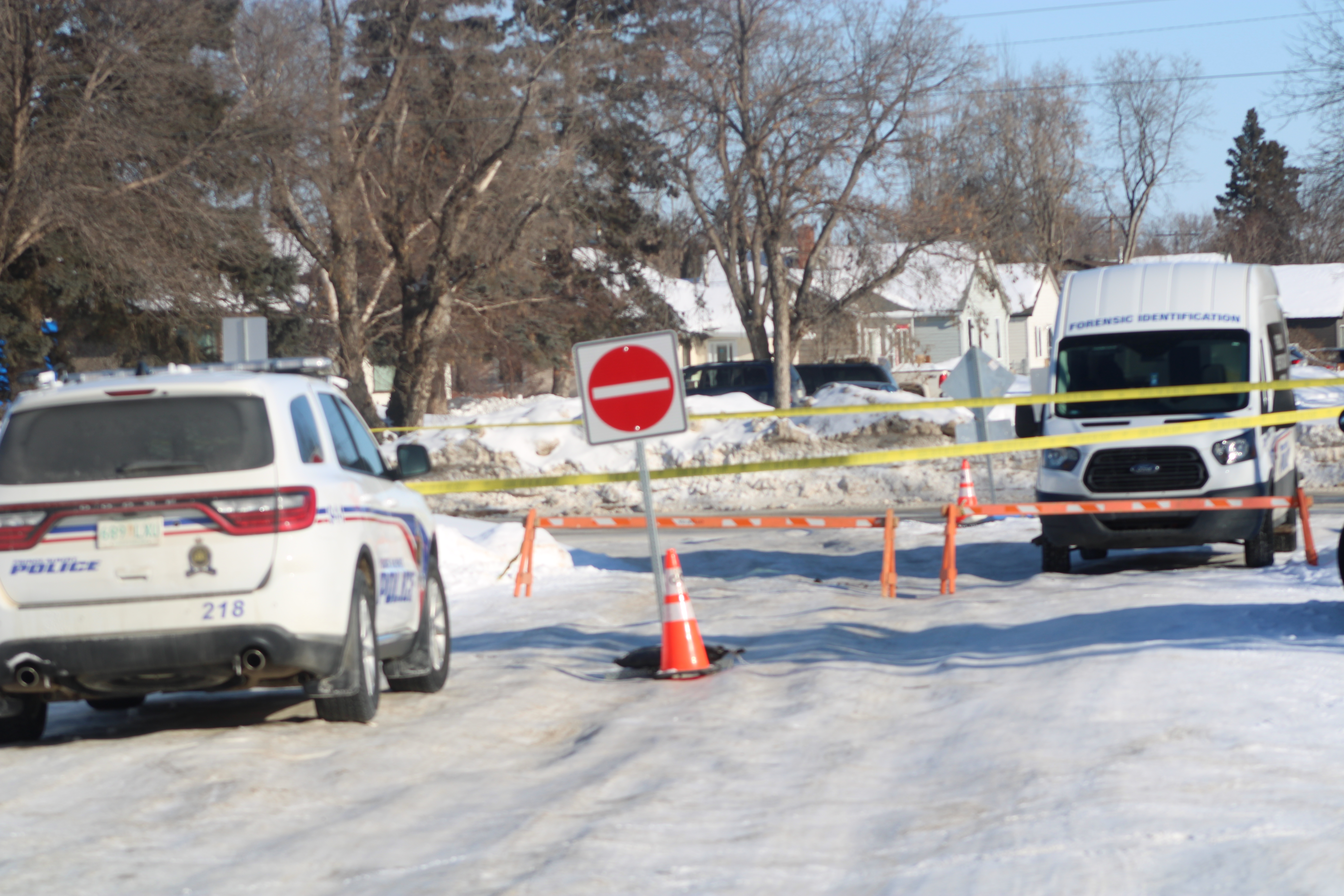
‘I am committed to my position here’: Prince Albert police chief responds to non-confidence vote
Prince Albert Police Chief Jon Bergen sits calmly in his office at the city’s police station, but there is a noticeable presence of concern both on his face and within his voice.
The past few weeks have not been easy for Bergen, or for the police service as a whole, with three in-custody deaths being investigated by independent agencies; a young child’s death the focus of a separate investigation by the Saskatchewan Complaints Commission; criticism from the Federation of Sovereign Indigenous Nations (FSIN); and more recently a no-confidence vote by the union representing the city’s police officers.
On Monday, Bergen met with paNOW and talked openly about his leadership and plans going forward.
“This is a really heavy and distracting time and this is a lot of weight to carry,” Bergen explained, adding he also knows he’s not carrying it alone and the recent events represent a weight on the entire organization.



